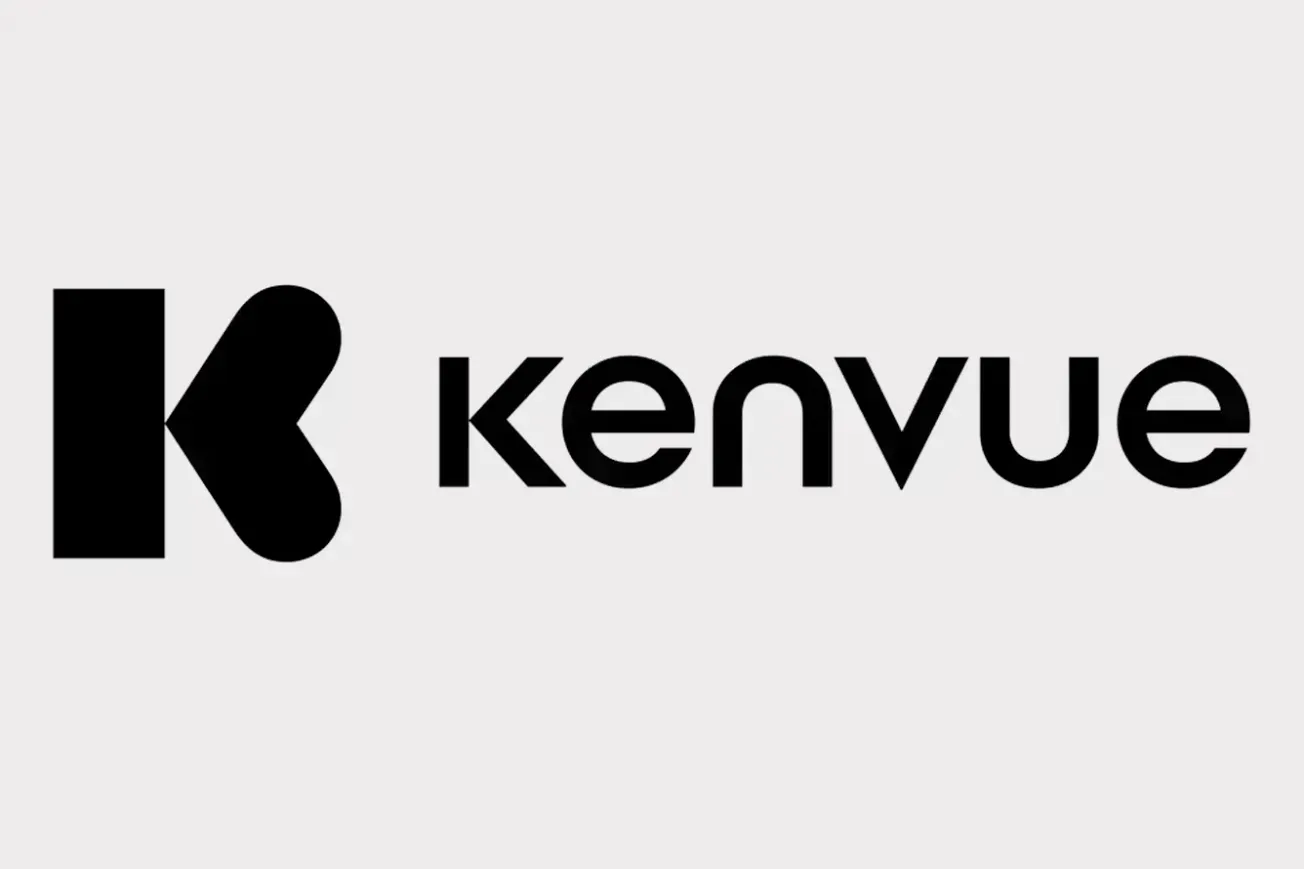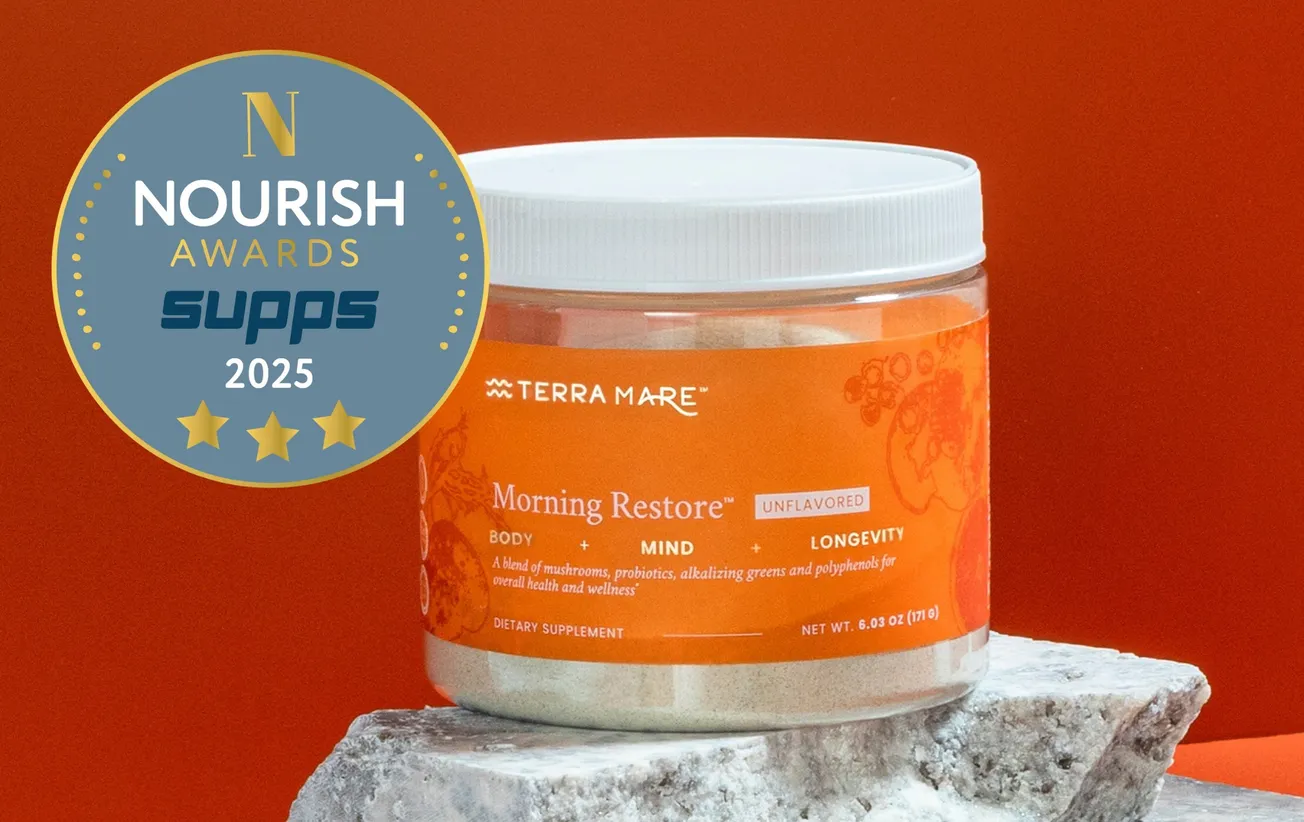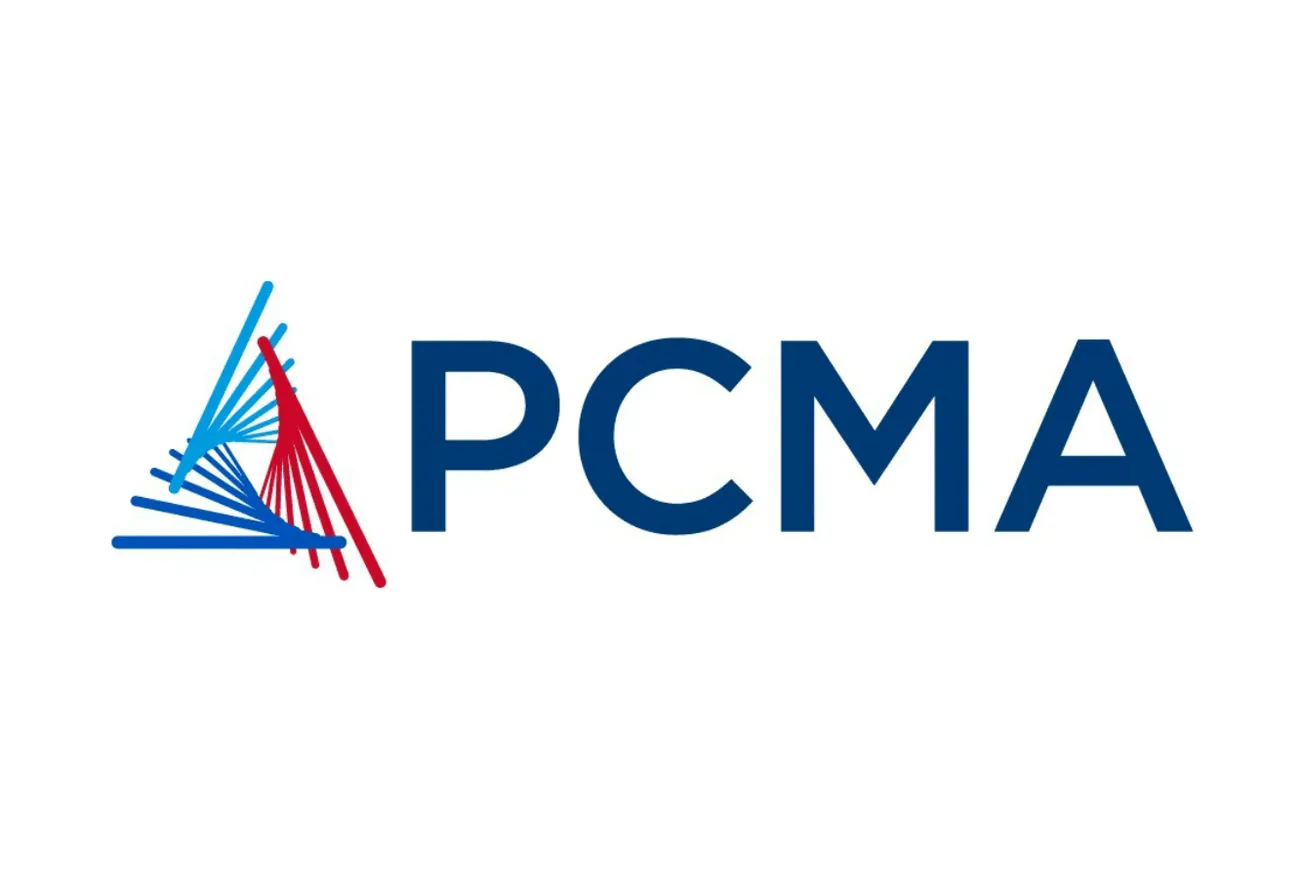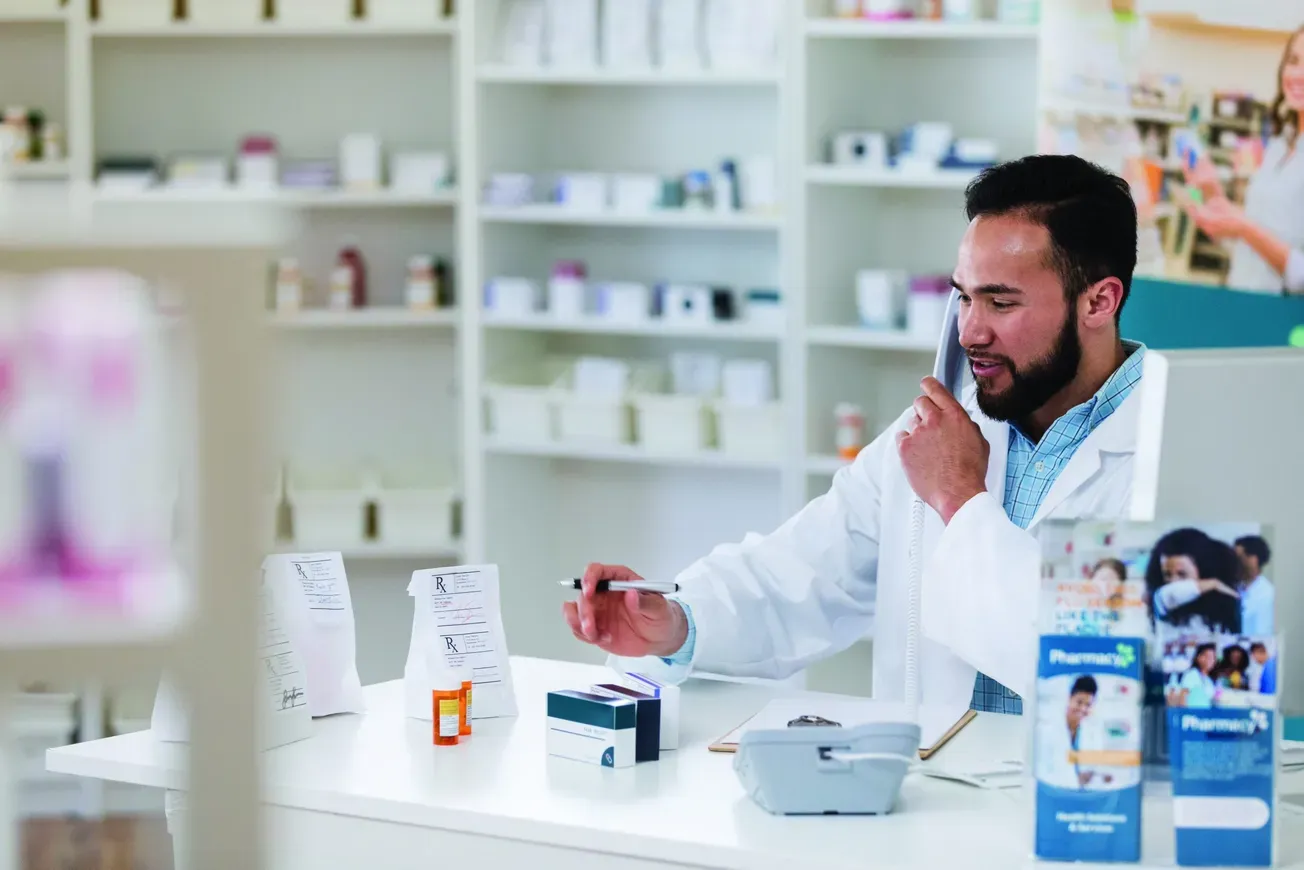WASHINGTON — India-based Ranbaxy Laboratories Ltd. has agreed to pay a total of $500 million in what the U.S. Department of Justice (DOJ) called the largest drug safety settlement to date with a generic drug manufacturer.
The DOJ said Monday that Ranbaxy USA Inc., the company’s U.S. subsidiary, pleaded guilty to charges relating to the manufacture and distribution of certain adulterated drugs made at two of Ranbaxy’s manufacturing facilities in India.
Ranbaxy also agreed to pay a criminal fine and forfeiture totaling $150 million and to settle civil claims under the False Claims Act and related state laws for $350 million, according to the Justice Department.
Ranbaxy USA pleaded guilty to three counts of violating the Food, Drug and Cosmetic Act (FDCA) and four counts of knowingly making material false statements to the Food and Drug Administration, the DOJ reported. The generic drugs at issue were manufactured at Ranbaxy’s facilities in Paonta Sahib and Dewas, India.
The DOJ said Ranbaxy USA admitted to introducing into interstate commerce certain batches of adulterated drugs made at Paonta Sahib in 2005 and 2006, including Sotret (isotretinoin, an acne medication), gabapentin (for epilepsy and nerve pain) and ciprofloxacin (an antibiotic). Ranbaxy USA also admitted to making false, fictitious and fraudulent statements to the FDA in annual reports filed in 2006 and 2007 regarding the dates of stability tests conducted on certain batches of cefaclor, cefadroxil, amoxicillin, and amoxicillin and clavulanate potassium, which were produced at the Dewas facility, according to the Justice Department.
Under the civil settlement, Ranbaxy agreed to pay $350 million to resolve allegations that it caused false claims to be submitted to government health care programs between April 1, 2003, and Sept. 16, 2010, for certain drugs made at the Paonta Sahib and Dewas facilities. The DOJ contended that Ranbaxy manufactured, distributed and sold drugs whose strength, purity or quality differed from the drug’s specifications or that were not manufactured according to the FDA-approved formulation and, as a result, Ranbaxy knowingly caused false claims for those drugs to be submitted to Medicaid, Medicare, TRICARE and other government health programs.
In anticipation of the settlement with the DOJ announced on Monday, Ranbaxy said in December 2011 that it would make a financial provision of $500 million related to expected costs associated with resolving the DOJ investigation. The company signed a consent decree with the FDA in which it committed to further strengthen procedures and policies to ensure data integrity and to comply with Current Good Manufacturing Practice (cGMP).
"Todays announcement marks the resolution of this past issue. We are pleased to continue bringing safe, effective and quality medicines to market for the benefit of consumers in the U.S. and other parts of the world," Arun Sawhney, chief executive officer and managing director of Ranbaxy Laboratories, said in a statement released Monday.
"While we are disappointed by the conduct of the past that led to this investigation, we strongly believe that settling this matter now is in the best interest of all of Ranbaxy’s stakeholders," Sawhney stated. "The conclusion of the DOJ investigation does not materially impact our current financial situation or performance. Ranbaxy has successfully launched several generic products recently and is well-positioned for future growth in the U.S. and around the world with a robust pipeline of important products as it continues to build a strong global portfolio of branded and generic prescription and OTC pharmaceuticals. Our conduct is guided by our philosophy of ‘Quality and Patients First.’ "
The DOJ said that last year FDA and Ranbaxy agreed to an injunction that prevents drugs made at the Paonta Sahib and Dewas facilities from entering the U.S. market until the facilities have been brought into full compliance with the FDCA and its implementing regulations. Since Sept. 16, 2008, when the FDA placed drugs from those facilities on an import alert, Ranbaxy hasn’t imported drugs from those facilities into the United States, the department said. In addition, the injunction requires Ranbaxy to review and verify data contained in Ranbaxy’s past drug applications to the FDA.







